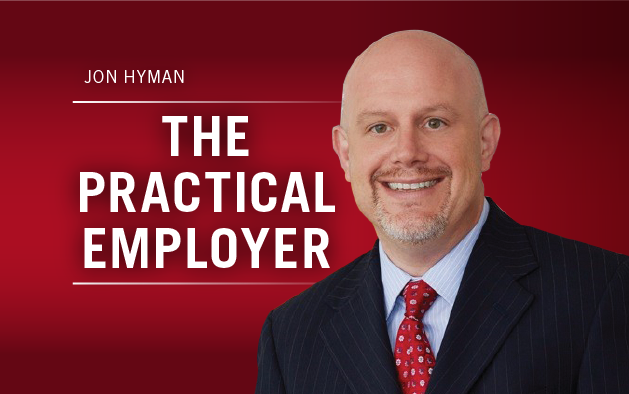Legal
Failure to Follow Employer’s Reporting Rules Dooms Employee’s FMLA Claim
By Jon Hyman
Jan. 9, 2017
F-M-L-A: Four letters that cast fear in the heart of any HR professional. So many rules to follow, so many ways to mess up and cost an employer. It’s not just an employer that has FMLA rules to follow, however. Employees also have rules that they must follow, or the FMLA will not protect their leave.
In Alexander v. Kellogg USA (6th Cir. 1/4/17) [pdf], an injured production operator terminated for unexcused absences lost his FMLA claim because he failed to follow his employer’s attendance policy.
Christopher Alexander injured his neck in a slip-and-fall at work. He sought and obtained intermittent FMLA leave for the injury. Kellogg has an attendance policy that requires employees intending to be absent to use a call service to notify the company at least two hours before the designated start time. Kellogg uses Cigna to administer its FMLA leave. Cigna separately requires an employee on approved intermittent FMLA leave to report any FMLA absence within 48 hours of missing work; otherwise, the absence is unexcused.
Alexander reported his FMLA absences to Kellogg using its call service, but failed to separately notify Cigna, which logged the absences as unexcused. When Alexander amassed enough absences, Kellogg terminated his employment.
Alexander sued for FMLA interference and retaliation. The 6th Circuit affirmed the dismissal of his claims:
The record does not permit even a prima facie case for FMLA interference. Alexander neglected to notify Cigna, and thus Kellogg, of his intent to be absent on November 20 and from December 9 to 11 under his approved FMLA leave. He admits not reporting any of the absences to Cigna within forty-eight hours of missing work by phone or online—Kellogg’s internal requirement.… [A]n FMLA regulation authorizes employers to deny FMLA leave for failure to comply with internal notice requirements “absent unusual circumstances.” … Alexander has neither offered evidence of unusual circumstances in his case nor has he alleged ignorance of Cigna’s/Kellogg’s internal notice requirement. …
There is [also] no evidence that Alexander exercised a right under the FMLA for the purposes of his retaliation claim. The catalysts for Kellogg’s supposed retaliation—terminating Alexander—were his unexcused, ultimately excessive absences beginning on November 20.… Since the statute cannot protect non-FMLA leave, Alexander cannot satisfy the first element of a prima facie FMLA case.
While it may seem as if employees hold all the high cards in the FMLA poker game, employers are well within their rights to enforce attendance policies against employees who fail to follow their rules. Now, go check your attendance policies to see if they contain these types of notice and call-in rules, and, if not, consider implementing reasonable call-in requirements to help curb FMLA abuse and over-use. If the law allows you to take advantage of these policies, why not help level the playing field against a statute that, more often than not, favors the employee.
Jon Hyman is a partner at Meyers, Roman, Friedberg & Lewis in Cleveland. Comment below or email editors@workforce.com. Follow Hyman’s blog at Workforce.com/PracticalEmployer.
Schedule, engage, and pay your staff in one system with Workforce.com.
Recommended
Compliance
Minimum Wage by State (2024)federal law, minimum wage, pay rates, state law, wage law compliance
Staffing Management
4 proven steps for tackling employee absenteeismabsence management, Employee scheduling software, predictive scheduling, shift bid, shift swapping
Time and Attendance
8 proven ways to reduce overtime & labor costs (2023)labor costs, overtime, scheduling, time tracking, work hours
